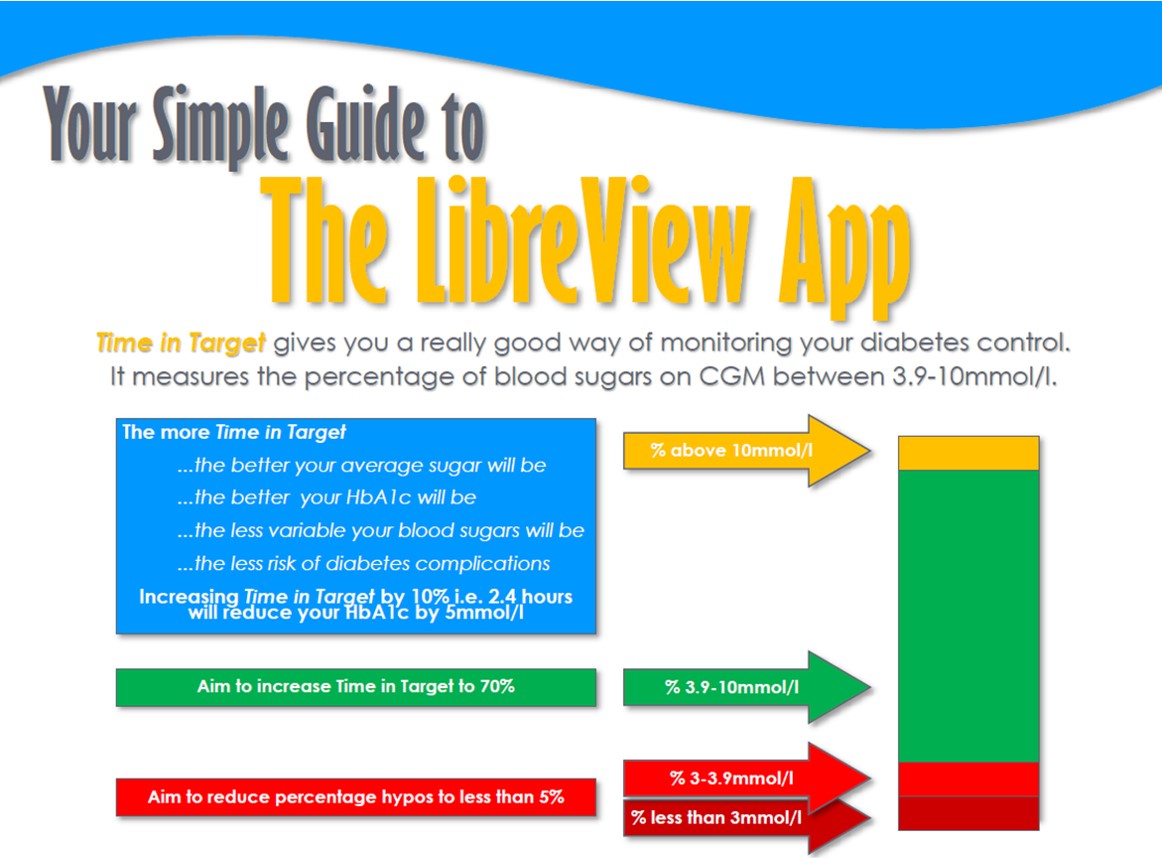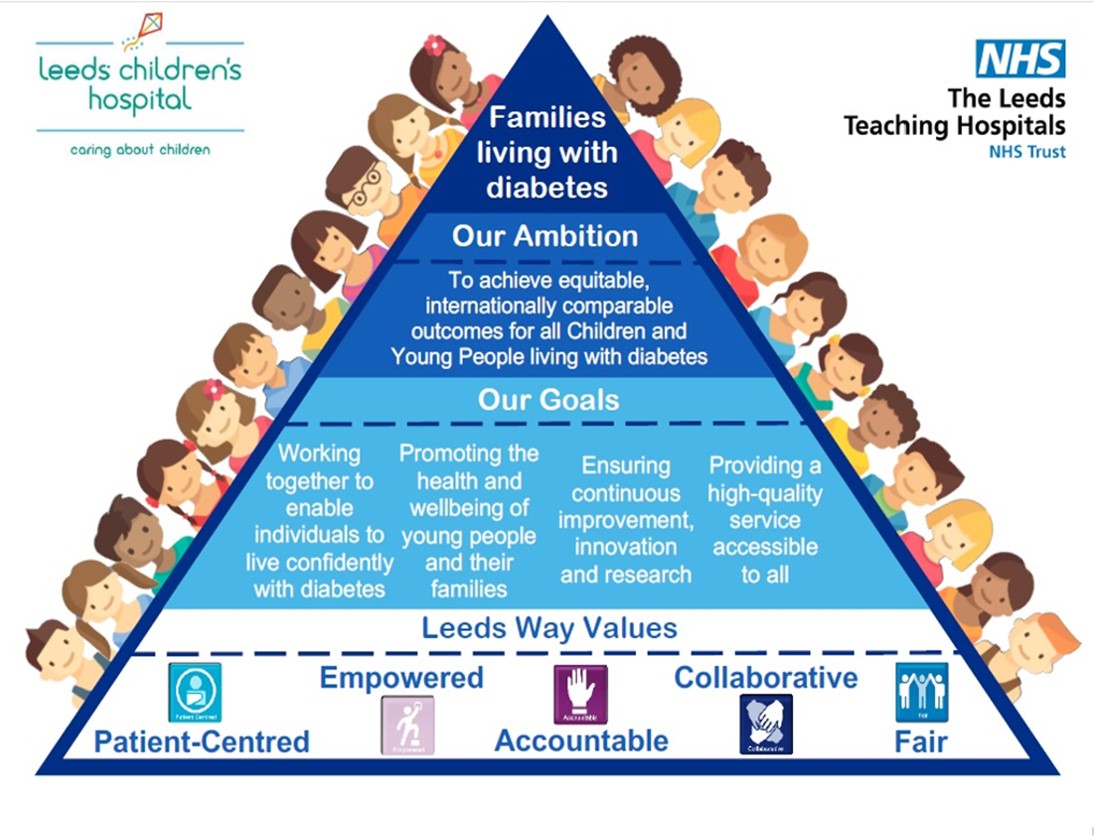Phase 3 – Overcoming barriers and challenges
Challenges and barriers to our QI work are inevitable. We explore the sequence of improvement, and how we can continually improve through sustaining and embedding a QI culture.
Since you embarked on your QI journey, your team has no doubt experienced a range of challenges, problems and barriers as you have gone about designing and implementing changes. These may have included things like difficulties getting feedback, time management, staffing, challenges presented by the pandemic or getting senior leader buy-in for an idea. This page is focussed on problem solving and overcoming barriers and we tools to help teams share, discuss and work through barriers and difficulties together.
Team exercise
Together with your team, prepare a 5 minute presentation to include the following (slides template available to download below):
- A quick summary (1-2 minutes) of where your QI project is now. It would be great to include any pictures and data as well as the verbal/written descriptions on the slides.
- One or your main barriers/challenges that your team is experiencing or has experienced in your ongoing QI work.
Work together with other teams within your network to discuss ideas, possible solutions, QI methods or possible adaptations to your work in order to overcome and work through these barriers.
The overall aim is to provide you and your peers with some space in which to share your progress and work through problems/barriers related to your QI work as a community of practice.
With your team, work your way through the videos and additional points for discussion below:
Sustain and gain
Tricia advises on how teams can work to maintain their improvements and spread these to other areas of their organisation (contains: diffusion curve, components of an improving system).
- What strategies can we put in place to make it easier to get on with the change?
- How are we gathering data to inform us whether the change is an improvement? (Review these themes in videos on our Phase 2 – Measurement for improvement page)
- How might you design to sustain and spread?
- How may you map these plans over to those who are either early adopters, majority, late adopters or laggards?
What keeps a project on track
In keeping with the theme of ‘overcoming barriers and challenges’, this is a recording of the ‘What Keeps a Project on Track’ presentation from Session 3 of the National Diabetes QI Collaborative:
This is a recorded presentation on ‘Six Principles for Learning for Improvement:
A recording of the ‘Thinking Hats’ presentation from Session 3 of the National Diabetes QI Collaborative:
Leading on QI projects
This video is made for QI Champions and leaders and offers some useful advice on maintaining motivation for your improvement work during challenging times:
Case examples
In the third session of the National Diabetes QI Collaborative, we invited QI Champions from previous waves to present their QI project, with a focus on how they overcame their barriers and challenges.
If you would like to explore more, watch the team videos below to see how QI concepts have been applied to paediatric diabetes services in more detail:
Sarah Goodwin (Team leader and QI Champion) at Hull University Hospitals takes us through her team’s QI journey, reflecting upon changes made and the challenges and barriers experienced. The team’s project focused upon improving the rate of those home uploading their devices, reviewing data and for newly diagnosed patients to start carbohydrate counting (CHOC) from diagnosis (contains: home uploading, data, adjust management, carbohydrate counting from diagnosis, outcome data).
Resources –
Dexcom clarity leaflet –


Dr Fiona Campbell provided the Birmingham and Leicester waves with an overview of her team’s QI journey at Leeds Children’s Hospital from the pilot wave in 2017 to the present day. The presentation slide deck documents the gradual improvement in average HBa1c through a series of QI interventions including local QI training, DigiBete and schools workshops (contains: team working, driver diagrams, run chart, self-management education, sustainability and spread, team ambitions, goals and values).
We ask all teams in the QI collaborative to define their purpose, and produce an overarching aim as to what their service strives for. Have a look at the image and click on the link to the presentation slide deck below to give an overview of the Leeds team’s approach to this:
Leeds Quality Improvement Journey – Presentation slides

One team – One Message’ The QI Champions at Torbay and North Devon talk about their project aimed at improving consistency in communication in clinics (contains: common language, clinic experience, drifters, fishbone analysis, improving team meetings, team questionnaire, ‘ten top tips’)
Resources to download:
Top 10 Tips
High HbA1c Scan
Anne Berry (QI Champion, City Hospitals Sunderland) presents her team’s QI journey from the start of the programme in 2018, to the present day. This covers how the Sunderland team have adopted QI into service improvement, and how they have overcome the barriers and challenges throughout (Contains: staff communication, patient feedback, measuring success, overcoming challenges, fundraising, Covid19, project management, Digibete, patient education).
